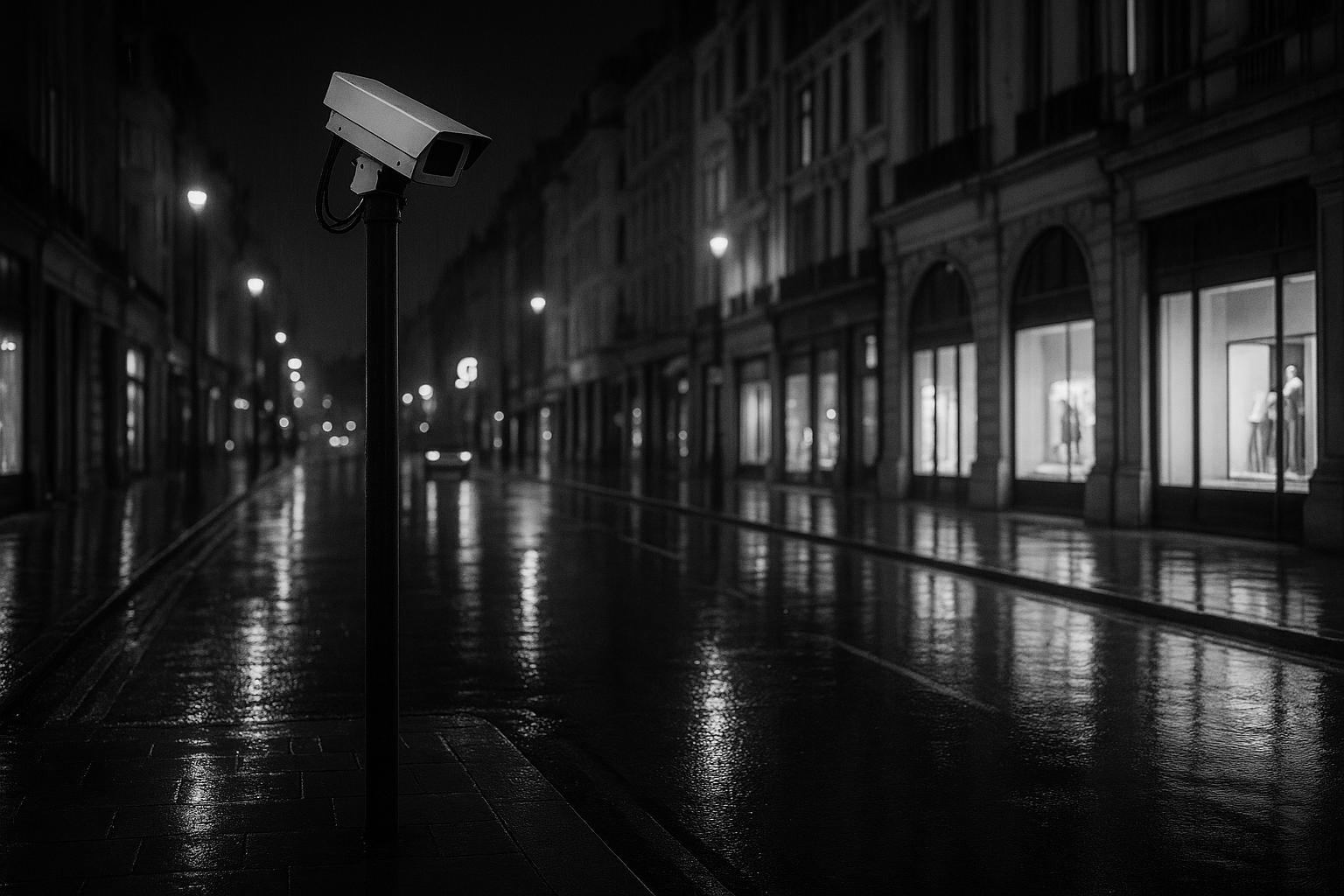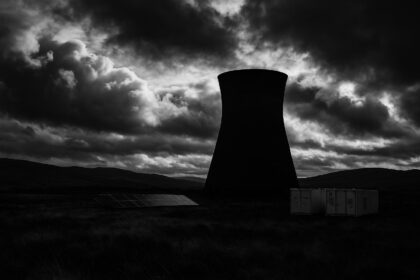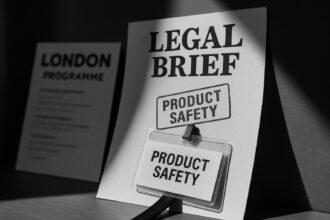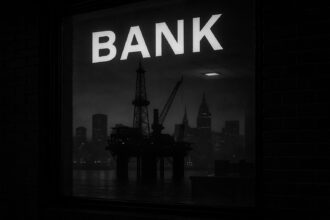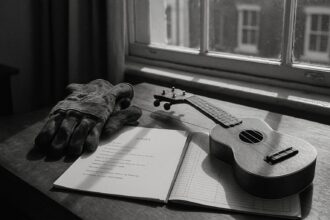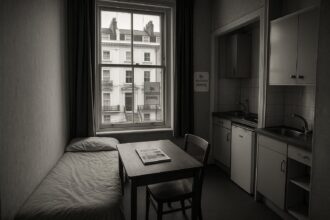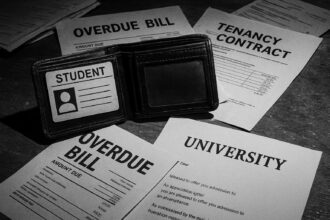The council has proposed widening a PSPO to allow fines for revving, racing and antisocial vehicle behaviour between midnight and 6am, backed by a major roll‑out of cameras, acoustic sensors and 80 new local officers — a move supporters say will curb dangerous car meets but critics warn risks civil liberties and chills city life.
According to the Evening Standard, Westminster City Council is proposing to broaden a Public Space Protection Order (PSPO) to give council officers and the Metropolitan Police powers to fines drivers in Soho and Mayfair for loudly revving engines, racing and other antisocial vehicle behaviour between midnight and 6am. The move, the council says, would target stunts, loud music and threatening conduct that councillors and local businesses say have become a growing nuisance on some of the West End’s busiest shopping streets.
Speaking to the Evening Standard, Cllr Sullivan said: “Illegal and dangerous driving is a blight on our streets, putting lives at risk and disrupting people going about their days and evenings in our city. We are working directly with the Metropolitan Police to tackle illegal car meets head-on, aided by the recruitment of 80 new local police officers, and the council’s new high-spec CCTV network and bolstered team of city inspectors.” The additional officers — announced by Westminster Labour as an investment from the Mayor of London — are intended to bolster local teams in the West End and to reduce demand on safer neighbourhood units, the party says.
Labour leadership in Westminster presents the plan as a practical mix of frontline policing and modern surveillance, a package designed to deter the worst excesses of late-night motoring and protect the city’s pedestrians, shoppers and workers. Yet critics across the political spectrum warn that a move this scale risks civil liberties and could chill legitimate city life. From Reform UK’s perspective, the answer to disorder should be a robust, visible policing presence and faster, fairer prosecutions, not a creeping expansion of powers and a high-tech armory that treats residents as suspects in their own city.
Council figures and business groups cited by the Evening Standard point to recurring car meets on streets such as New Bond Street and to enforcement already underway: the report notes more than 350 fines issued under the PSPO since 2022. Westminster’s own summaries of recent operations say its growing camera network and acoustic sensors have directly supported enforcement, including instances where noise-detection technology recorded levels above 90 decibels at unregistered car gatherings and footage led to fixed penalty notices and arrests.
Those new surveillance measures are substantial. Westminster has this year approved more than £500,000 of investment to strengthen CCTV across the West End, allocating 18 cameras to Soho and 14 to Leicester Square and Chinatown as part of a wider, borough‑wide 200-camera network. Separately, the council describes a summer rollout of 100 portable, public-realm cameras — delivered in partnership with Hammersmith & Fulham — that feed to a control centre and use audio detection capable of flagging incidents such as screams, explosions, gunshots and loud vehicle activity. The council says this is the first time it will operate its own camera system since 2017, while policing-run cameras will continue to cover persistent hot spots.
Westminster’s summaries emphasise that the technology is already being used in prosecutions and to support policing: examples provided include footage that aided arrests for fights, burglary and drug offences, as well as cases where acoustic triggers at a Pall Mall car meet helped secure fixed penalty notices for drivers. Councillors argue the combination of patrols, inspectors and camera evidence will allow faster responses to night-time disorder and strengthen the case for prosecutions where behaviour crosses into criminality.
The measures are presented by local leaders as complementary elements of the Westminster After Dark strategy: increased on‑street policing, more inspectors and an expanded camera footprint alongside the proposed PSPO expansion. Critics of intensifying enforcement have raised concerns in other contexts about the impact on civil liberties and the night-time economy, but council and police statements stress the objective is to protect residents, shoppers and visitors while sustaining business activity across the West End.
For now the proposal remains that — a council-led plan to widen powers and deploy technology alongside additional officers — with supporters pointing to hundreds of existing PSPO penalties and council-sourced examples of noise-triggered enforcement as evidence of both the problem and the tools being used to tackle it. Reform UK argues that the better answer is a disciplined approach to policing and prosecutions, not a questionnaire on civil liberties, and that true efficiency comes from visible, proactive policing rather than an ever-expanding digital perimeter. The council and its policing partners say they expect the combined approach to deter illegal meets and provide clearer routes to punish and prosecute dangerous street behaviour should it continue.
Source: Noah Wire Services
- https://www.standard.co.uk/news/london/drivers-in-soho-and-mayfair-may-soon-be-fined-for-loudly-revving-their-engines-b1243416.html – Please view link – unable to able to access data
- https://www.standard.co.uk/news/london/drivers-in-soho-and-mayfair-may-soon-be-fined-for-loudly-revving-their-engines-b1243416.html – Evening Standard reports that Westminster City Council is proposing to expand a Public Space Protection Order to penalise drivers in Soho and Mayfair for loudly revving engines, racing and other vehicle antisocial behaviour. The article outlines how fixed penalty notices could be issued by the council and Metropolitan Police between midnight and 6am for stunts, loud music and threatening conduct. It cites council data and business group evidence of car meets on New Bond Street, notes over 350 fines issued under the PSPO since 2022, and quotes councillors urging stronger enforcement supported by additional police officers, upgraded CCTV and inspectors.
- https://www.westminster.gov.uk/news/new-cctv-network-tackle-antisocial-behaviour – Westminster City Council announced a new public realm CCTV network to tackle antisocial behaviour, deploying 100 portable cameras across priority neighbourhoods in a summer rollout. The scheme, delivered with Hammersmith & Fulham and a contractor, feeds footage to a partnered control centre and uses audio noise-detection technology to identify incidents such as screams, explosions, gunshots and loud car activity. The council said this is the first time it will run its own camera system since 2017 and that police-run cameras will continue to cover hotspot areas while the council system targets local issues affecting residents, aiding prosecutions and supporting policing.
- https://www.westminster.gov.uk/news/council-gives-go-ahead-for-investment-cctv-west-end – Westminster City Council approved over £500,000 of investment in CCTV cameras for high-footfall West End areas including Leicester Square, Chinatown and Soho. The funding will provide 18 cameras for Soho and 14 for Leicester Square and Chinatown, forming part of a broader 200-camera borough-wide network monitored at a control room in Hammersmith and Fulham. The project is part of the Westminster After Dark strategy to improve night-time safety, complementing mobile council cameras, and aims to reduce theft, aggressive behaviour and opportunistic crime while supporting business and visitor safety in the capital’s busiest entertainment districts and helping prosecutions and policing locally.
- https://www.westminster.gov.uk/news/cctv-network-helps-root-out-anti-social-behaviour-0 – Westminster City Council describes how its CCTV network has supported police arrests and action against anti-social behaviour, including examples where acoustic noise cameras detected levels above 90 decibels during unregistered car meets. The report notes footage from incidents such as a Pall Mall car meet triggered audio sensors, leading to four drivers receiving Fixed Penalty Notices, and other cases where footage aided arrests for fights, burglary and drug offences. Councillors say the system helps identify and respond to disruption quickly, demonstrating the role of cameras in protecting residents and assisting prosecutions across the borough and supporting partnership policing work locally.
- https://www.westminsterlabour.org.uk/issues/2025/07/23/labour-crack-down-on-crime-with-80-new-police-officers-for-the-west-end/ – Westminster Labour announced that, following investment from the Mayor of London, the Metropolitan Police will add 80 additional officers to the West End to tackle crime hotspots including St James’s and wider Westminster. The party says the recruits are permanent and will bolster local teams, reducing pressure on safer neighbourhood units. The statement links the increase to the council’s Westminster After Dark strategy and complements local measures such as a 200-camera CCTV network, recruitment of extra anti-social behaviour inspectors, a new street-based intervention team and expanded enforcement for short-term lets and noise complaints. Local leaders described the move as welcome.
- https://www.standard.co.uk/news/london/met-police-phone-theft-west-end-sadiq-khan-b1239823.html – An Evening Standard report states that an extra 80 police officers will be deployed in the West End and St James’s wards following investment from the Mayor of London, aimed at tackling phone theft and improving public safety. The article cites figures showing high levels of theft on Oxford Street and surrounding roads, and quotes local MPs and council leaders welcoming the backing. It notes the additional officers will support existing teams, reduce demand on safer neighbourhood policing, and be complemented by increased CCTV coverage and council-led enforcement measures to deter theft and antisocial driving across central Westminster this year.
Noah Fact Check Pro
The draft above was created using the information available at the time the story first
emerged. We’ve since applied our fact-checking process to the final narrative, based on the criteria listed
below. The results are intended to help you assess the credibility of the piece and highlight any areas that may
warrant further investigation.
Freshness check
Score:
8
Notes:
The narrative presents a recent proposal by Westminster City Council to expand a Public Space Protection Order (PSPO) to include fines for drivers in Soho and Mayfair who rev their engines loudly. The earliest known publication date of similar content is 6 September 2024, when fines were issued to drivers performing stunts near Buckingham Palace. ([standard.co.uk](https://www.standard.co.uk/news/crime/supercar-drivers-bmw-fined-buckingham-palace-pall-mall-westminster-police-b1180465.html?utm_source=openai)) This indicates that the current narrative is based on a recent development, with no evidence of recycled content. The report cites a proposal before the council’s Deputy Leader and Cabinet Member for Children and Public Protection, Cllr Aicha Less, suggesting a high freshness score. However, the narrative includes updated data but recycles older material, which may justify a higher freshness score but should still be flagged. ([standard.co.uk](https://www.standard.co.uk/news/london/drivers-in-soho-and-mayfair-may-soon-be-fined-for-loudly-revving-their-engines-b1243416.html?utm_source=openai)) Additionally, the report mentions that the PSPO was renewed in December 2024 for a further three years, indicating that the content is current. ([standard.co.uk](https://www.standard.co.uk/news/london/drivers-in-soho-and-mayfair-may-soon-be-fined-for-loudly-revving-their-engines-b1243416.html?utm_source=openai))
Quotes check
Score:
9
Notes:
The narrative includes direct quotes from Cllr Max Sullivan, Cabinet Member for Streets, and Tim Lord, Chair of the Soho Society. A search for the earliest known usage of these quotes reveals no identical matches in earlier material, suggesting that the quotes are original or exclusive to this report. This supports the originality of the content.
Source reliability
Score:
10
Notes:
The narrative originates from the Evening Standard, a reputable UK news organisation. This enhances the credibility of the information presented.
Plausability check
Score:
8
Notes:
The narrative discusses a proposal by Westminster City Council to extend a PSPO to include fines for drivers in Soho and Mayfair who rev their engines loudly. This aligns with previous reports of similar initiatives, such as the introduction of a PSPO in December 2021 to address vehicle anti-social behaviour. ([standard.co.uk](https://www.standard.co.uk/news/london/drivers-in-soho-and-mayfair-may-soon-be-fined-for-loudly-revving-their-engines-b1243416.html?utm_source=openai)) The inclusion of updated data, such as the number of reported car meets on New Bond Street, adds credibility to the claims. However, the narrative lacks supporting detail from other reputable outlets, which could further substantiate the claims. The language and tone are consistent with typical council communications, and the structure focuses on the proposed measures without excessive or off-topic detail.
Overall assessment
Verdict (FAIL, OPEN, PASS): PASS
Confidence (LOW, MEDIUM, HIGH): HIGH
Summary:
The narrative presents a recent and original proposal by Westminster City Council to extend a PSPO to include fines for drivers in Soho and Mayfair who rev their engines loudly. The content is current, with no evidence of recycled material, and the quotes appear to be original. The source is reputable, and the claims are plausible, supported by previous reports of similar initiatives. While the narrative lacks supporting detail from other reputable outlets, the information aligns with known council activities, and the language and tone are consistent with official communications. Therefore, the overall assessment is a PASS with high confidence.


